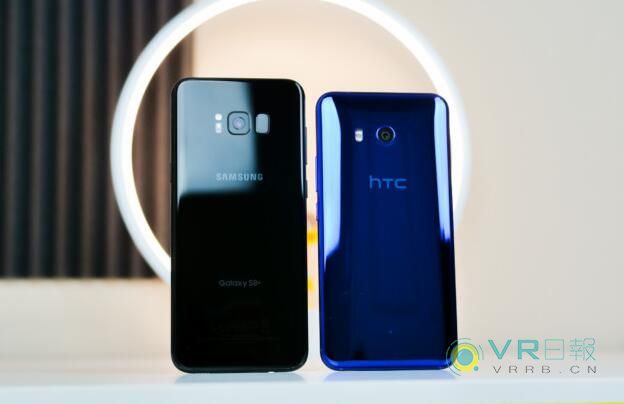
Seoul — According to analysts from South Korea's Daishin Securities, Google has no intention of re-entering the smartphone manufacturing business. The recent acquisition of HTC’s mobile phone division is not expected to affect Samsung Electronics, one of the world’s leading tech giants.
The local securities firm noted that as a major search engine company, Google isn’t planning to continue its efforts in the smartphone sector. Instead, the deal with HTC is seen as a strategic move to secure talent and technology rather than to build a direct competitor to companies like Samsung or Apple.
Last Thursday, Google officially announced the $1.1 billion acquisition of HTC’s mobile phone business, which includes the transfer of around 2,000 employees. This is not the first time Google has acquired a mobile manufacturer — in 2011, it bought Motorola Mobility but sold it to Lenovo just three years later.
Park Jang-ho, an analyst at Daishin Securities, stated, “This acquisition won’t have a significant impact on Samsung. Google is unlikely to restart its smartphone production.†He added, “With the smartphone market maturing, the dominance of Apple and Samsung is hard to challenge. New entrants now face huge obstacles.â€
This year, the global smartphone market is expected to grow by only 5%. Apple, Samsung, and Huawei currently lead the industry, collectively holding 40% of the market share. Meanwhile, HTC, once a top player before 2010, now holds just 0.7% of the market, ranking 30th globally.
Analysts believe that Google is steering clear of the highly competitive smartphone space and instead focusing on emerging technologies that can be integrated with mobile devices. Areas such as virtual reality (VR), augmented reality (AR), smart homes, and autonomous driving are being explored as future growth opportunities.
Park explained, “Through this acquisition, Google aims to strengthen its position in developing new technologies, including VR, AR, and self-driving cars.†He also pointed out that both Apple and Samsung are already expanding into these areas, using their hardware capabilities to drive innovation.
Apple recently launched the iPhone X, featuring AR capabilities, and released the AR Kit for developers with iOS 11. Samsung, too, is investing heavily in smart home solutions, VR, and autonomous driving, aiming to integrate these services with its smartphones.
As the tech landscape continues to evolve, companies are shifting their focus from traditional competition to broader ecosystem development. While Google may not be building phones anymore, its strategic moves suggest a long-term vision focused on innovation beyond the smartphone itself.
Dust Explosion Proof Motor,Explosion Proof Induction Ac Motor,Special Explosion-Proof Motor,Dust Explosion Protection Motors
Yizheng Beide Material Co., Ltd. , https://www.beidevendor.com